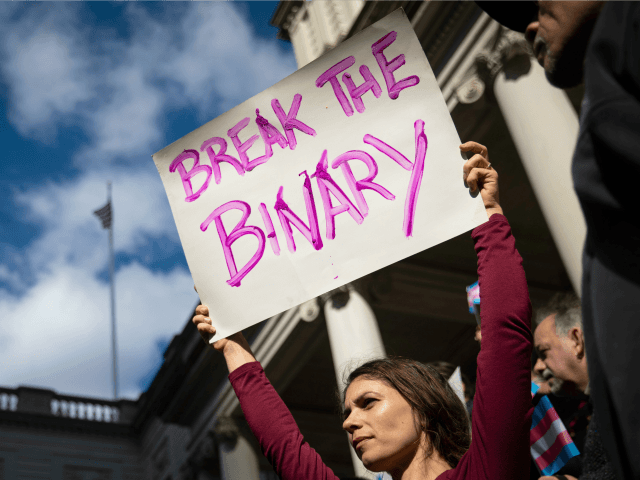UC San Diego has announced that they will ban the word “Latino” in favor of the word “Latinx,” which is “gender inclusive.”
A new report from the Los Angeles Times explains details a new language policy at UC San Diego that involves a ban on the word “Latino,” which some argue is not inclusive enough.
The change is being promoted by students, social justice activists and the LGBTQ community, which are trying to get people to look beyond conventional notions of gender, sex and appearance.
As broadly used, Latino refers to people of Latin American origin or descent.
Latinx includes men and women of Latin American descent, people who are not exclusively male or female, people who don’t think of themselves as a man or a woman, and people who don’t act or dress in ways that are common to people of their gender.
“This is about making the university more inclusive,” UC San Diego’s vice chancellor of equity, diversity and inclusion Becky Pettit said in a comment. “We’re meeting students where they are.”
“Terms and practices change over time,” Gore said. “It doesn’t mean it is a zero-sum game. The important thing is how do we think about the changes. It gives us a chance to be open and speak.”
Gore isn’t totally off base. There is nothing wrong with inclusive language. However, terms and practices change over time based on their use by the public. The social justice crowd believes that they can use bureaucratic power to will new terms and practices into existence.
The amount of Americans that go out of their way to use gender-inclusive terms like “Latinx” is incredibly small. To many, “Latino” is already a gender-neutral term that can be used to describe a man, woman, or transgender person of Latin American descent.
Earlier this week, two British universities banned the word “woman” with the word “womxn,” which is allegedly more inclusive to transgender individuals.
“I’ve never met a trans woman who was offended by the word woman being used, so I’m not sure why this keeps happening,” Jess Phillips, a Labour MP, wrote on Twitter. “As if internet dissent now replaces public policy. I get what they are trying to do but why is it only women not men where this applies.

COMMENTS
Please let us know if you're having issues with commenting.